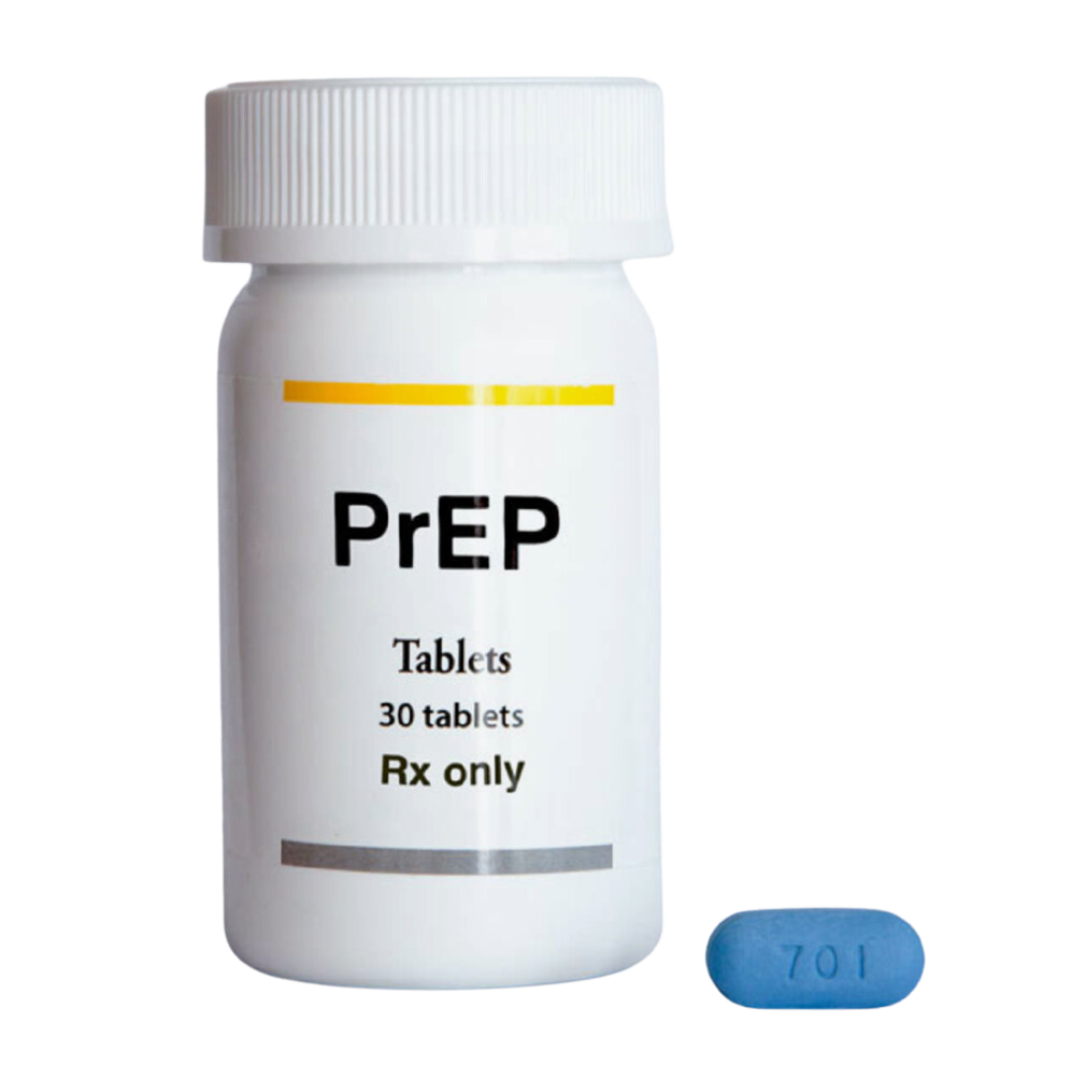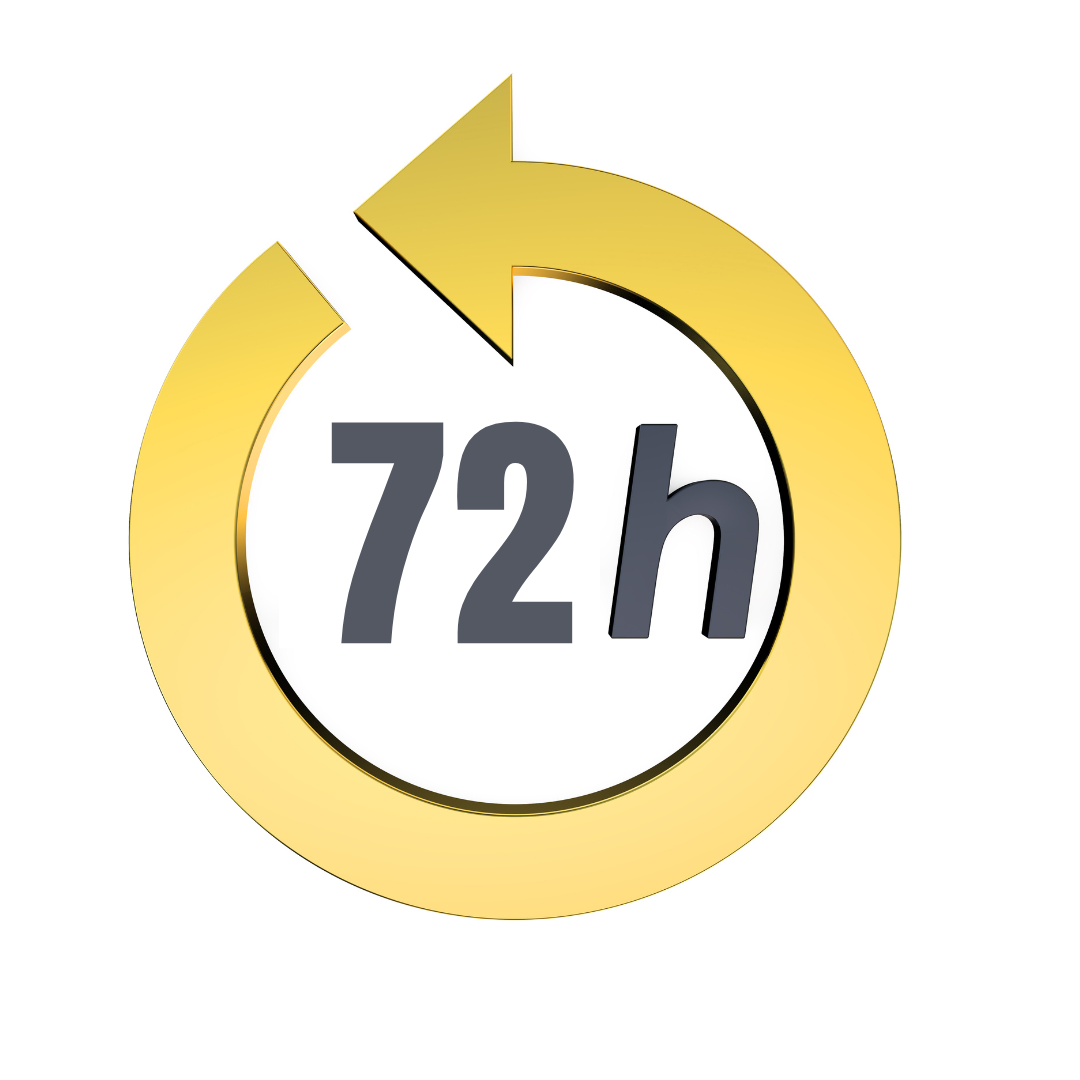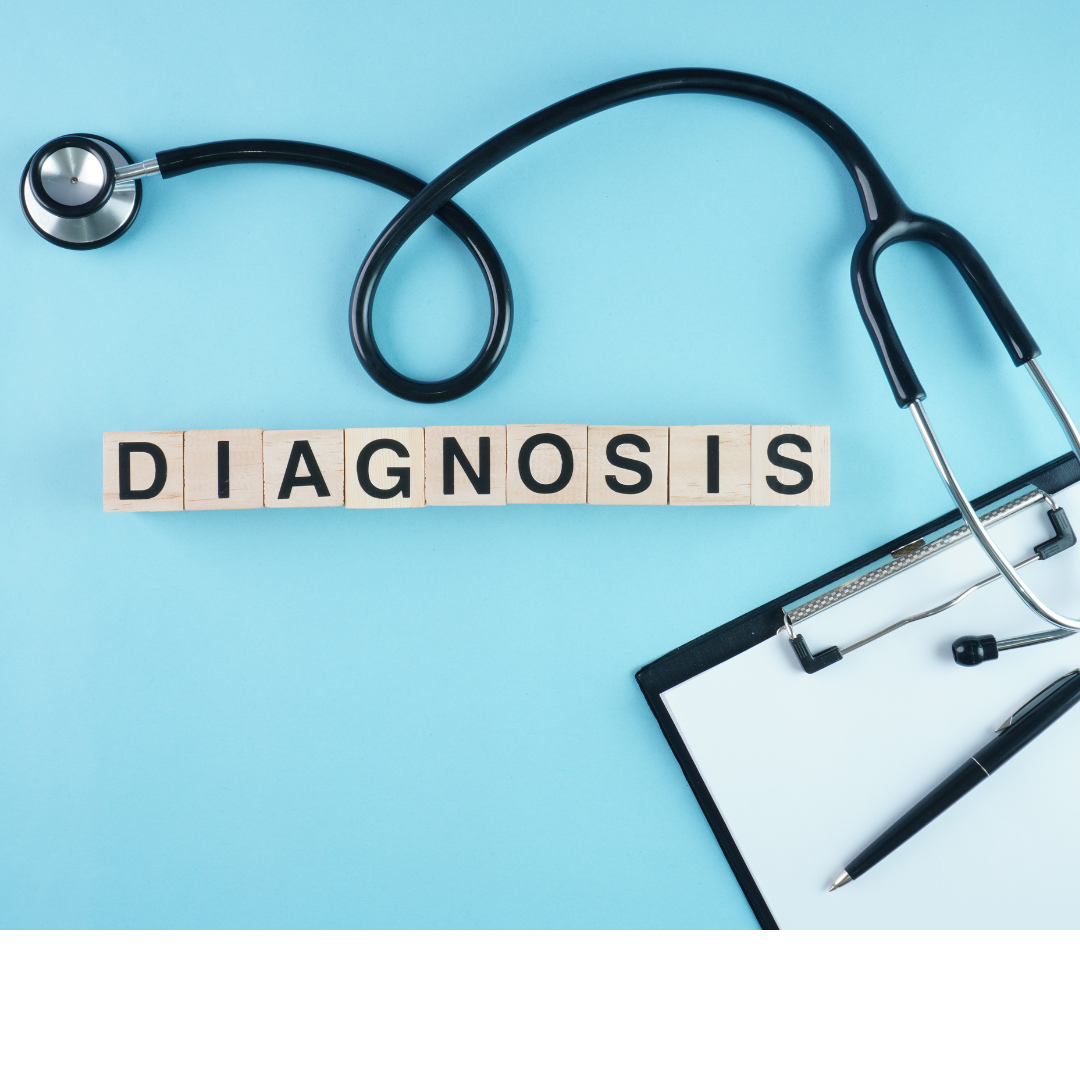
There are lots of ways to prevent HIV but the way that works for everyone is to always use condoms for vaginal and anal sex. Lubricants are important to use with condoms if you have anal sex.
If you inject drugs, then always use your own equipment, and don’t share any works.
Getting tested for HIV regularly will ensure that if you do pick it up, you’ll know about it as soon as possible and you can keep yourself and others well.

